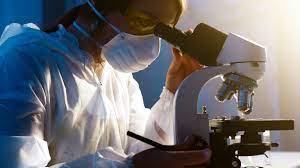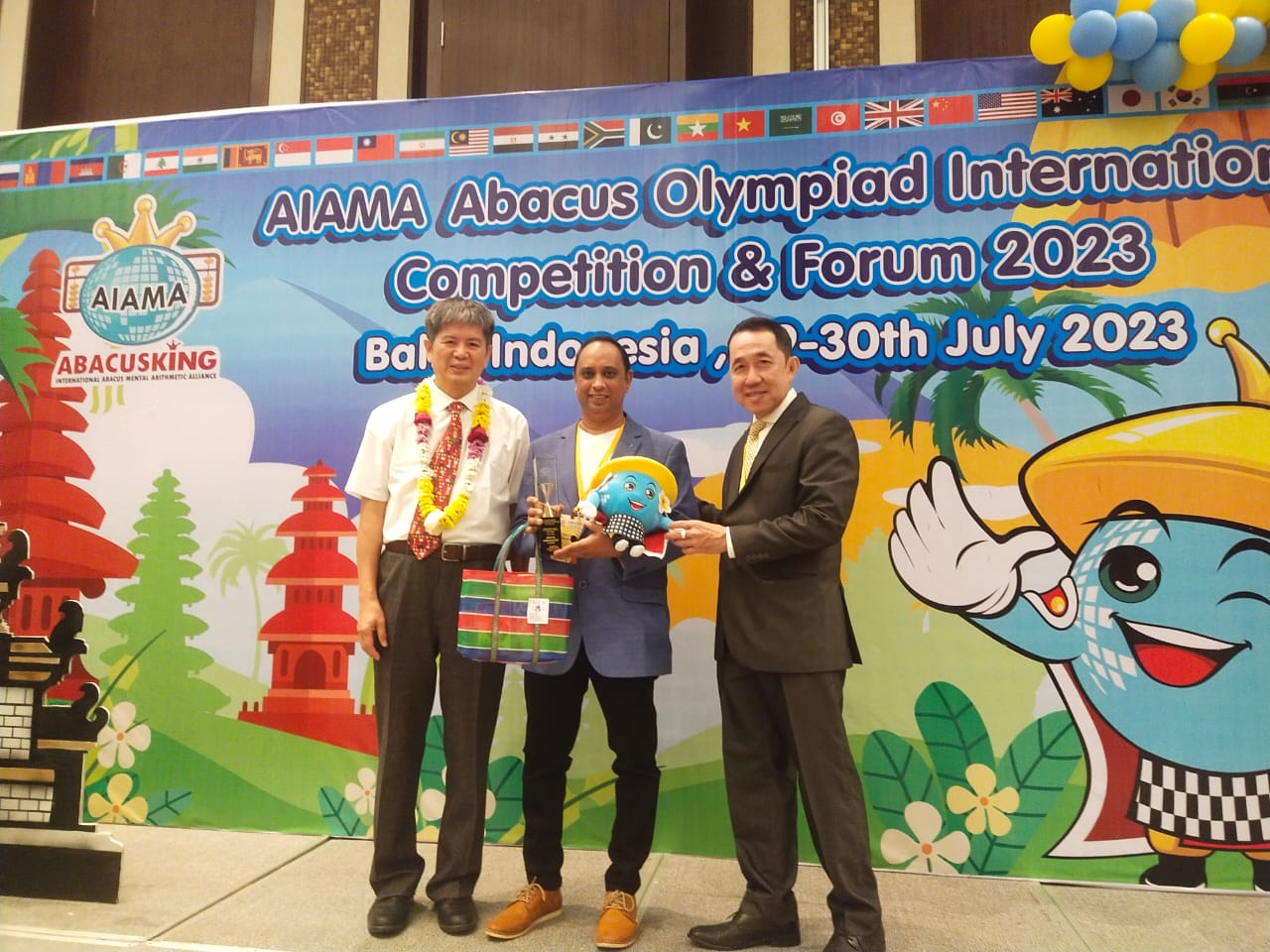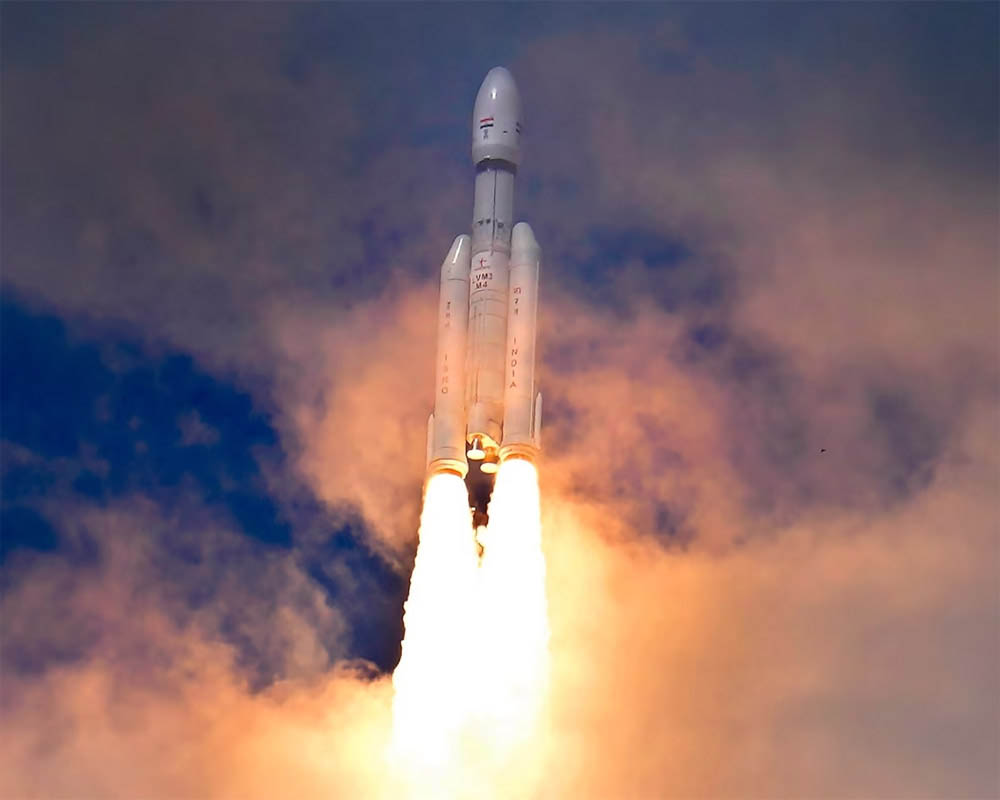
HEALTH
Bacteria unleashed as bio-detectives for early cancer detection and hidden infections
- Admin
- Aug 11, 2023

Researchers from the University of California San Diego, in partnership with scientists in Australia, have developed a groundbreaking biosensor using bacteria. This biosensor has the remarkable ability to detect tumor DNA within living organisms. The implications of this cutting-edge innovation are immense, as it has the potential to revolutionise healthcare diagnostics by enabling the identification of various infections, cancers, and other diseases. This advancement in the field of biosensors offers hope for a future where diseases can be detected and prevented at the cellular level, representing a transformative approach with tremendous promise for healthcare worldwide.
Tumors often release their DNA into the surrounding environment, but traditional lab-based technologies struggle to detect this dispersed DNA. The CATCH strategy addresses this challenge by utilizing CRISPR technology to engineer bacteria that can test free-floating DNA sequences on a genomic level. These samples are then compared to predetermined cancer sequences, enabling the bacteria to identify the presence of cancer DNA.
Lead researcher Jeff Hasty, a professor at the UC San Diego School of Biological Sciences and Jacobs School of Engineering, expressed the initial uncertainty about the project's feasibility. "As we started on this project four years ago, we weren't even sure if using bacteria as a sensor for mammalian DNA was even possible," he stated. The focus of their efforts was on detecting gastrointestinal cancers and precancerous lesions, a significant clinical opportunity for this groundbreaking invention.
The researchers, including Australian collaborators Susan Woods and Josephine Wright, programmed Acinetobacter baylyi with a CRISPR system designed to differentiate between mutant and normal copies of the KRAS gene, which is frequently mutated in many cancers. Only bacteria that had taken up mutant forms of KRAS, as found in precancerous polyps and cancers, could survive and respond to the disease, making the system highly specific and effective.
The team's inspiration came from the concept of "natural competence," a skill possessed by many bacteria that allows them to take up DNA from their environment. They decided to engineer these bacteria, already prevalent in the colon, to function as biosensors capable of detecting DNA released from colorectal tumors. They focused on a bacterium called Acinetobacter baylyi, where the necessary elements for DNA uptake and CRISPR analysis were identified.
The researchers, including Australian collaborators Susan Woods and Josephine Wright, programmed Acinetobacter baylyi with a CRISPR system designed to differentiate between mutant and normal copies of the KRAS gene, which is frequently mutated in many cancers. Only bacteria that had taken up mutant forms of KRAS, as found in precancerous polyps and cancers, could survive and respond to the disease, making the system highly specific and effective.
The success was evident in laboratory experiments, where the engineered bacteria visibly responded to the presence of tumor DNA. Mice with tumors exhibited green bacterial colonies that had acquired the ability to grow on antibiotic plates. This achievement marks a significant milestone in the field of synthetic biology, where the concept of horizontal gene transfer, typically observed between bacteria, was applied from mammalian tumors and human cells to bacteria.
The potential applications of this breakthrough are vast. The researchers are already working on adapting their bacteria biosensor strategy with new circuits and various types of bacteria for detecting and treating human cancers and infections. Associate Professor Siddhartha Mukherjee of Columbia University, who was not involved in the study, believes this could be the future of disease prevention and treatment. "A living bacterium that can detect DNA in the gut is a tremendous opportunity to act as a sentinel to seek and destroy gastrointestinal, and many other, cancers," he stated.
"There's a future where nobody needs to die of colorectal cancer," believes Australian doctor Dan Worthley, adding that they hope this work will be instrumental for bioengineers, scientists, and future clinicians in achieving this ambitious goal.









